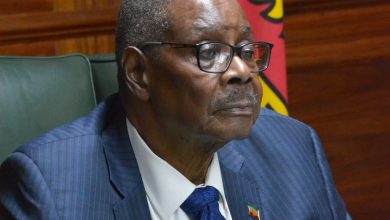Escom beats project connection target
Electricity Supply Corporation of Malawi (Escom) says it has surpassed its target for household electricity connections under the Malawi Electricity Access Project (Meap) after achieving the milestone two months earlier.
The electricity supplier said in a statement yesterday that as of October 3 2025, there were 180 752 households successfully connected to the national grid against the initial target of 180 000 set for December this year, representing about 0.4 surpass rate.

Escom chief executive officer Kamkwamba Kumwenda attributed the success to the dedication of project teams and the collaborative efforts of all stakeholders involved in Meap’s implementation.
He said: “We are proud of this milestone, which demonstrates Escom’s unwavering commitment to expanding access to electricity and improving the quality of life for Malawians.
“Surpassing our target ahead of schedule is a clear indication that we are on the right path toward achieving universal access to electricity.”
Kumwenda assured the nation that Escom will continue connecting more households before the official project deadline in December, saying electricity access remains a key pillar for national development.
Escom chief public relations and communications officer Pilirani Phiri said out of the 180 752 connected households, 71 313 are in the Southern Region, 71 049 in the Central Region and 38 390 in the Northern Region.
Commenting on the development, Consumers Association of Malawi executive director John Kapito welcomed Escom’s success.
However, he said the Meap’s success should not be a yardstick to measure or analyse Escom’s performance.
Said Kapito: “The timing of the statement is questionable because some may think they [Escom staff] just want to impress the new government so that their contracts can be renewed. There are several issues which Malawians need to know from Escom including the status of the base tariff agreement.”
Meap is being implemented with support from the World Bank and the Government of Malawi. It is meant to boost electricity access across the country and stimulate socio-economic growth.





